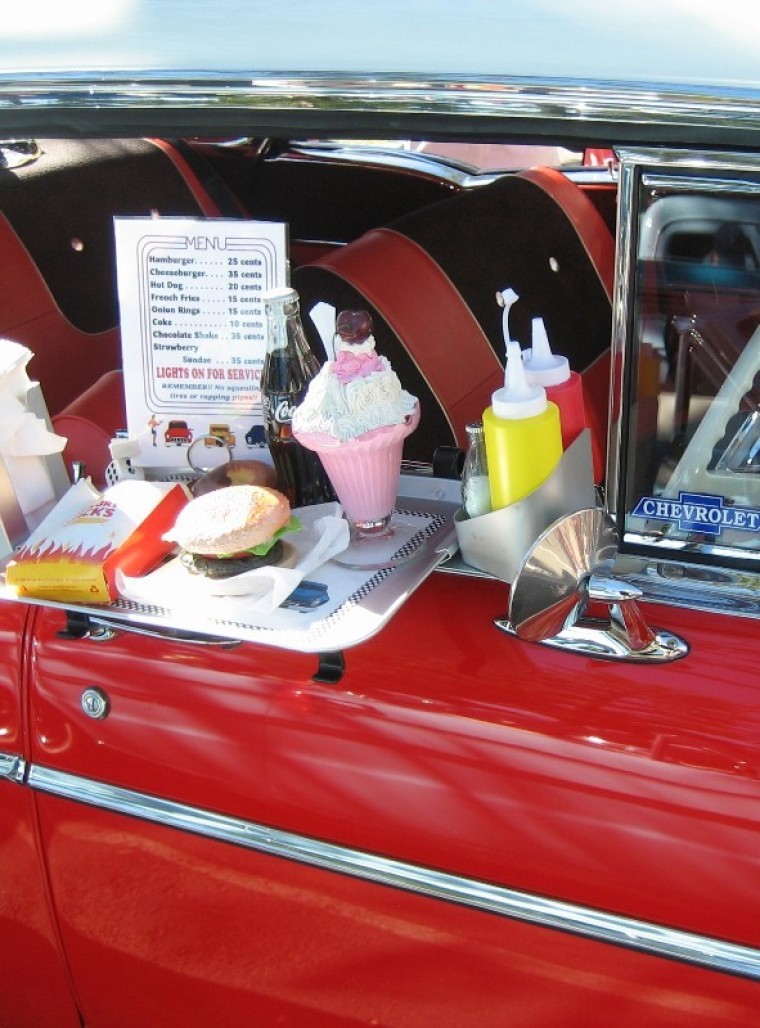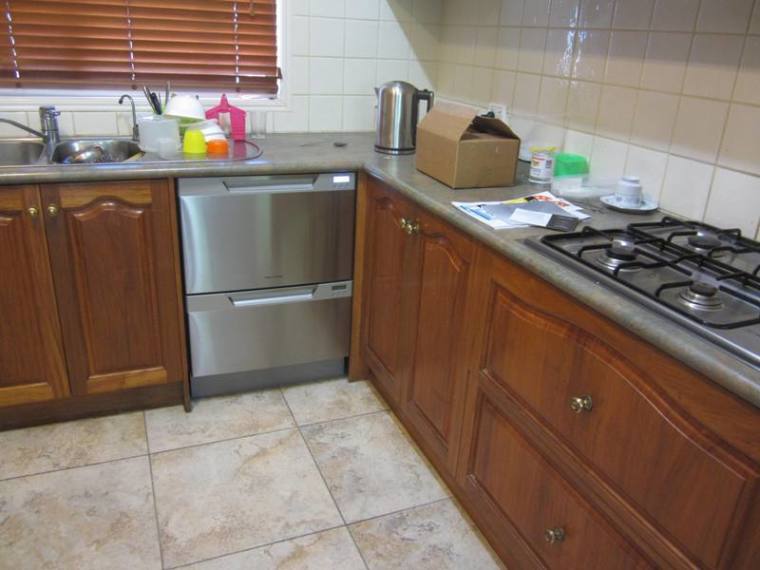
Family life engages in transporting young children in the car, or whether you like to eat mangoes or watermelon under a shady tree, or whether you just suffer during humid weather, you will probably have been reaching for the conveniently packaged "wet wipes".
What did we do, in previous generations, without them? More importantly, what are we going to do in the future about their problems? Yes, I said "problems".
"Fatbergs" block sewage systems
Because wet-wipes are used to clean up greasy messes, not only is the disposal of the tissues themselves to be considered, but the fat content of the mess can also be a problem.
Each child's sticky hand has only a tiny amount of grease, but if thousands of people wipe thousands of hands, then it is thousands of grams of fat, oil and muck that are disposed of down the sewage system. And this fat is stuck onto sturdy, non-degradable wipes.
This growing conglomeration of fat and paper then forms a super-filter that blocks more rubbish that is flushed down thousands of toilets or washed down thousands of sinks with the greasy washing up, and the whole mess gets trapped within the pipes of the sewer making what is termed a "fatberg".
Two recent articles have highlighted the problem. In London, where it is quoted that: "The toxic lump of congealed fat and household waste – known as a fatberg – was 40 metres long and so heavy that it broke the 1940s-era sewer. Repairing the damaged sewer is expected to cost Thames Water £400,000 and take more than two months, the company said."
And here in Sydney, a recent report stated: "But here's the rub. Instead of disintegrating in a flash after flushing, many hand and body wipes are made from synthetic materials which could take years to break down."
Wet wipes should NEVER (that is NEVER) be flushed; only ever put in the bin.
Although some brands advertise their wipes are "flushable", tests have shown that they do NOT disintegrate in the same way that proper toilet paper does. The only things that should go down the toilet are P, P and P (you can guess the first two: the last is "Paper", and that means only specially-manufactured toilet paper).
We could site the innumerable deaths through lack of hygiene and use many of the Proverbs, this one is most suitable from chapter 5 verse 23 "He shall die for lack of instruction". Not a truer word said.

Are the ingredients safe?
Some people also worry about the ingredients in wet-wipes, hand-wipes, baby-wipes, face-wipes and others on the supermarket shelves. Certainly the long list of seemingly chemical names may seem confusing; and no two brands seem to contain the same stuff! Many people have published their objections in online forums and blogs, and many decide that because these are "chemicals", they must be bad for you.
But they are probably not harmful. We do have a strict testing regime in Australia, and most of the ingredients in these wipes are in tiny quantities and are the same (or similar) to the things your skin comes in contact with in hand-creams, shampoos, and laundry and dishwashing products.
The main ingredient is water. Sometimes it is called "aqua". By law, the ingredients are listed in the order of most abundant to least abundant. Water is the most important component of all wipes.
The next most important ingredient (maybe more than one) is a little detergent (such as those used in shampoo or body wash), then perhaps some body lotion or oil, some fragrant essential oil, and sometimes some "rubbing alcohol" which isn't the same as the alcohol that can be drunk, (although this is less common and many wipes now advertise "alcohol-free").
The other things are there to keep everything mixed up and the solution nice and clear and smooth. They have complex names, and there is a wide range of compounds available, but they are all do the same job. There may also be a small amount of some preservative to stop the solution going "off".
Some wipes have anti-bacterial (antiseptic) components – but these are clearly labelled, and you can choose to have them or not. Unless there is a problem with skin infections, or unless you put a small packet in your first-aid kit in case of cuts, it is best not to use these products in either hand-wipes or hand-washing solutions. They can actually encourage the growth of antibiotic-resistant bacteria.
Are the ingredients necessary?
Generally no: apart from water and perhaps a little detergent – but even that is not necessary since you will be rubbing the sticky hands and faces with the wipes themselves and this helps remove both grime and bacteria.
One of my science advisers, who takes science lessons in primary schools, did a class test where different children tested different brands of wipes to remove "texta" marks from plain fabric. None of them removed "permanent" texta, and the only thing that removed "water-based" texta was a plain tissue dipped in plain water. It beat all the types of wet-wipes hands down. The only one that came near, had mostly water in it and not much else.
What are the alternatives?
There are plenty of websites and blogs suggesting how to make your own wet wipes, using paper towels. Or, if you really want to be environmentally friendly and follow the verse in John chapter 6 verse 12, where Jesus tell his disciples to "Gather the pieces that are left over. Let nothing be wasted," then you could cut up a couple of old, clean t-shirts into squares (and take them home for washing and re-using).
A simple recipe would be some water, a squirt of shampoo or body-wash, a few drops of lavender oil or orange oil or even eucalyptus oil. You can add a little baby oil or sorblene (just a squirt) and/or some "rubbing alcohol" (from the pharmacist) if you like.
You could moisten some paper towel or your cloths before you go out and put them it in a plastic box, or simply take them dry with a separate bottle of your solution. Or just an extra bottle of plain water would do, really.
Occasionally you need convenience...
There will always be cases where the convenience and hygiene of a "wet wipe" is the best option – as with everything, there is no harm if people use them judiciously and only when really necessary.
No matter what you use, home-made or store-bought, DO NOT FLUSH WET-WIPES DOWN THE SEWER – always have a rubbish bag or box handy to dispose of them, and put them in the bin when you get home.


Dr Mark Tronson - a 4 min video
Chairman – Well-Being Australia
Baptist Minister 45 years
- 1984 - Australian cricket team chaplain 17 years (Ret)
- 2001 - Life After Cricket (18 years Ret)
- 2009 - Olympic Ministry Medal – presented by Carl Lewis
- 2019 - The Gutenberg - (ARPA Christian Media premier award)
Gutenberg video - 2min 14sec
Married to Delma for 45 years with 4 children and 6 grand children